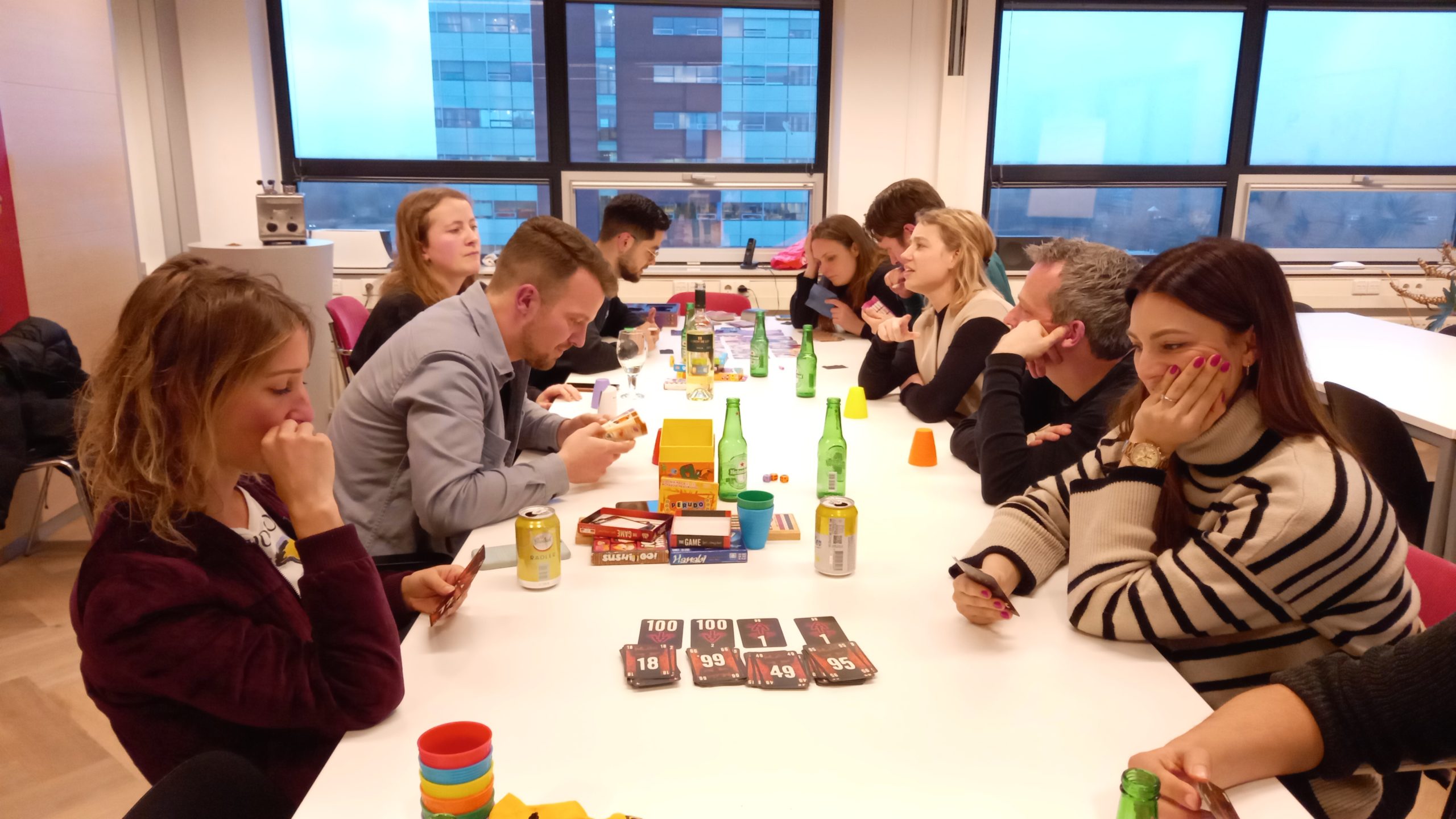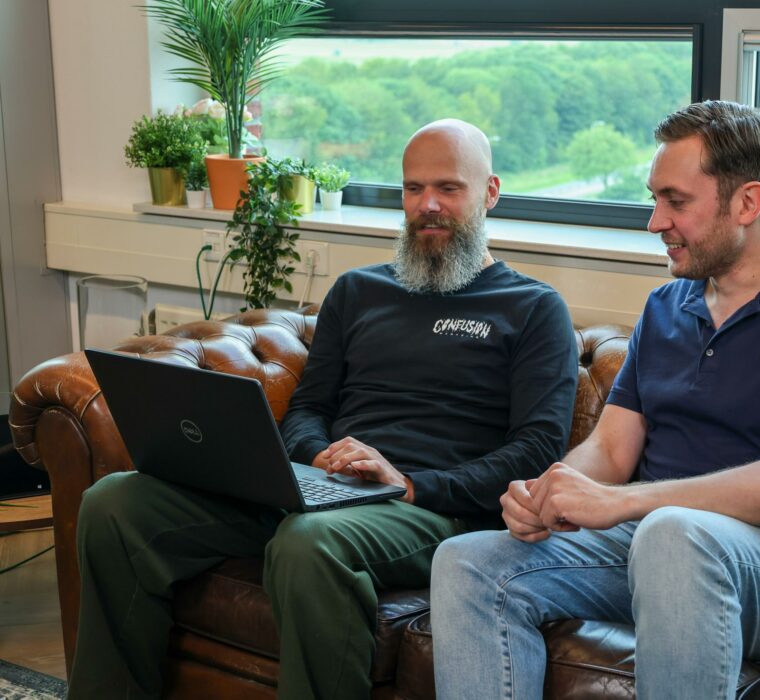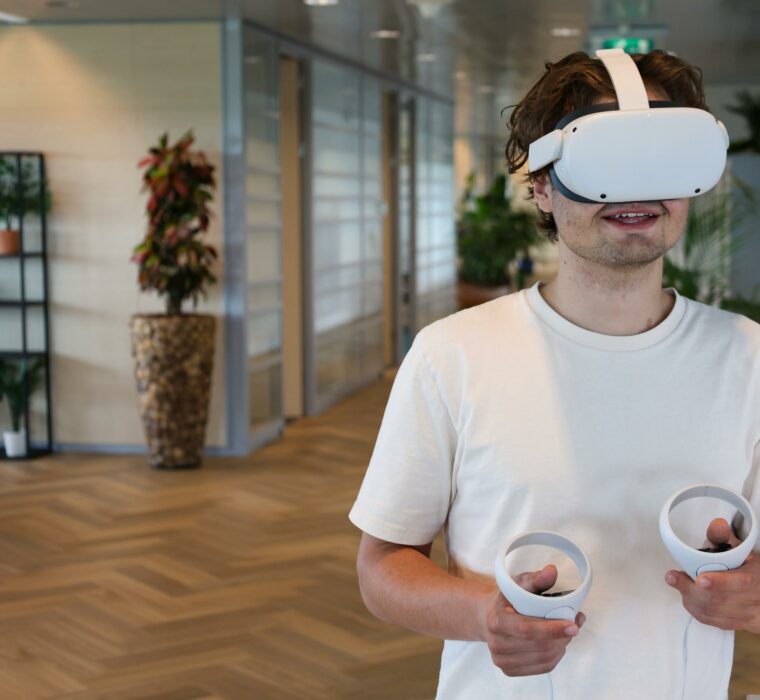
“My people really don’t feel taken seriously when we use games for vocational learning.”
If I got a euro for every time I heard this phrase – in more or less stilted form – come out of a manager’s mouth, I would be on my way to an all-in Bali vacation right now.
As a learning consultant from Generation Y (yes, a millennial), I can’t imagine a world where we don’t learn and share, at least in part, by playing.
My generation and the generations after me increasingly feel the need to learn by interacting with our environment.
When we obtain knowledge it is not a static process based on plain text.
We gain knowledge when we need it, consciously and unconsciously.
One example: starting with Generation Y, we started speaking English better and better, which to me makes a correlation with the rise of computer games quite plausible.
Now you may be thinking: ”One nice example, but that doesn’t make it true.” You have a point there.
Moreover, what about the generations before Generation Y?
The group from gene Y onward is often seen as frivolous and less serious.
An image that emerged mainly because – purely by chance – the computer made its appearance, with all its new possibilities.
But by using games in vocational learning, don’t you lose connection with the group of employees before that?

The playing human
Fortunately, the need for play goes back a lot further than Generation Y. About a hundred years ago, the Dutch cultural historian Johan Huizinga already agreed with me when he renamed us “Homo Ludens” (the playing man).
He stated that play is a serious business that keeps us together.
Play is essential for people and society.
And that playing is at risk, because we are all suffering from ”disapearing playfulness”.
Our game became too serious.
The light-heartedness of our social game is getting more and more associated with tough competition, competition and high stakes to win.
Based on that, it makes sense that many managers are dragging their heels wondering whether play-based learning is appropriate for today’s employee.
Moreover, they have often been exposed far longer to the plague of being serious over seriously playing than their younger counterparts.
Gamification then sounds far too lighthearted and frivolous for the serious matter called learning.
And so get away from interaction and back to sending information.

disapearing playfulness
We should not be deterred by this.
Managers: broaden that view!
Conjure up that playing human.
The playing human who is in every generation! A kind of disappearing playfulness.
Taking ourselves less seriously for a while, competing less and aiming less high.
Thus, we use play where it helps us further: to be allowed to make nice mistakes in a safe environment and to learn from losing as well as winning.
Without consequences!
This is the only way we get the most out of ourselves.
Whether play can be part of a learning solution depends largely on the learning objectives of our clients.
Although in my experience, the question asked is by no means always the actual question. @Sjors, Loyal educator viking of inBrain: how do you actually find out the actual need behind a learning question?
Let me know next month!
Felicia

Felicia de Ruiter is Digital Learning Specialist at inBrain.
As both a passionate educator and an avid gamer, her heart beats faster the moment the two worlds come together.








